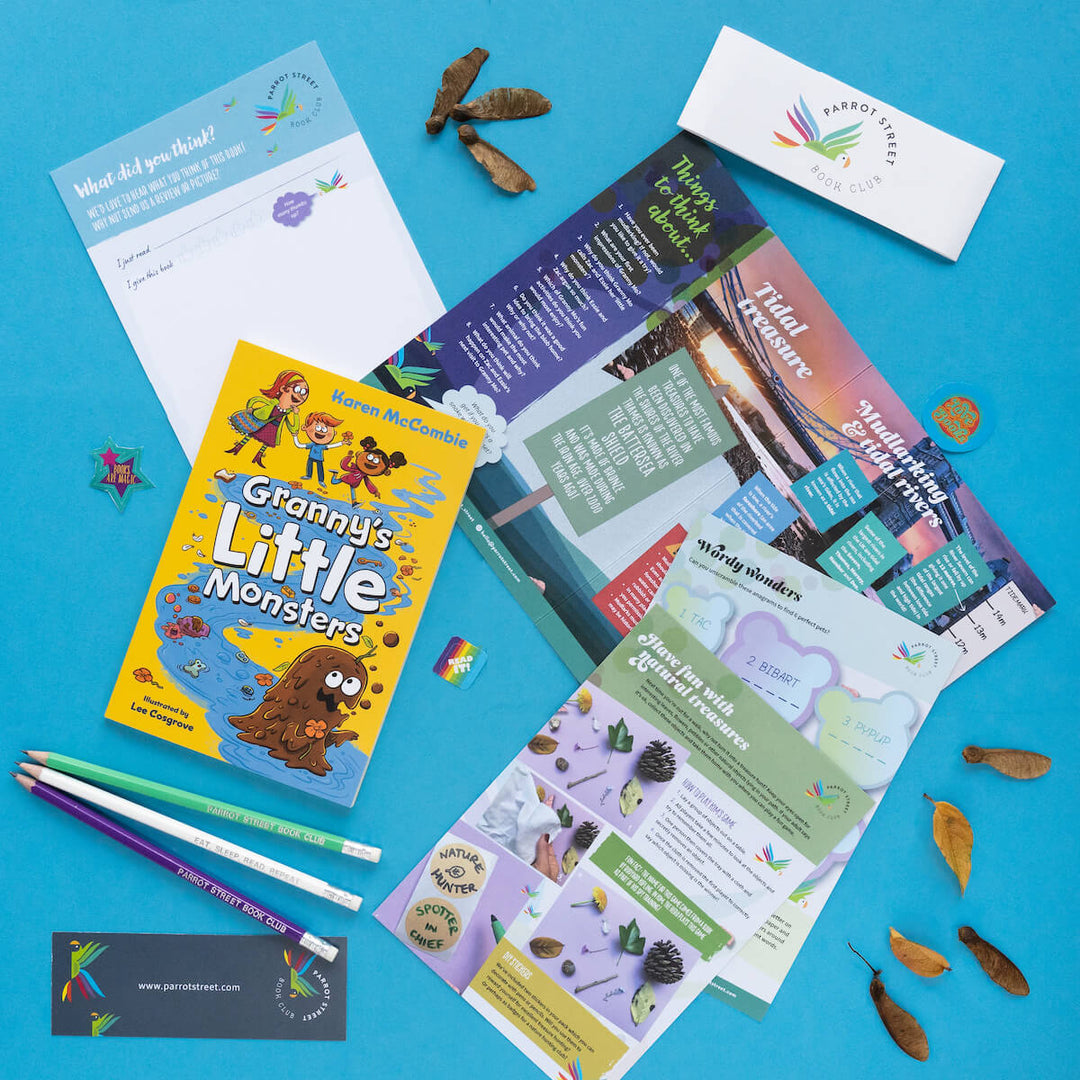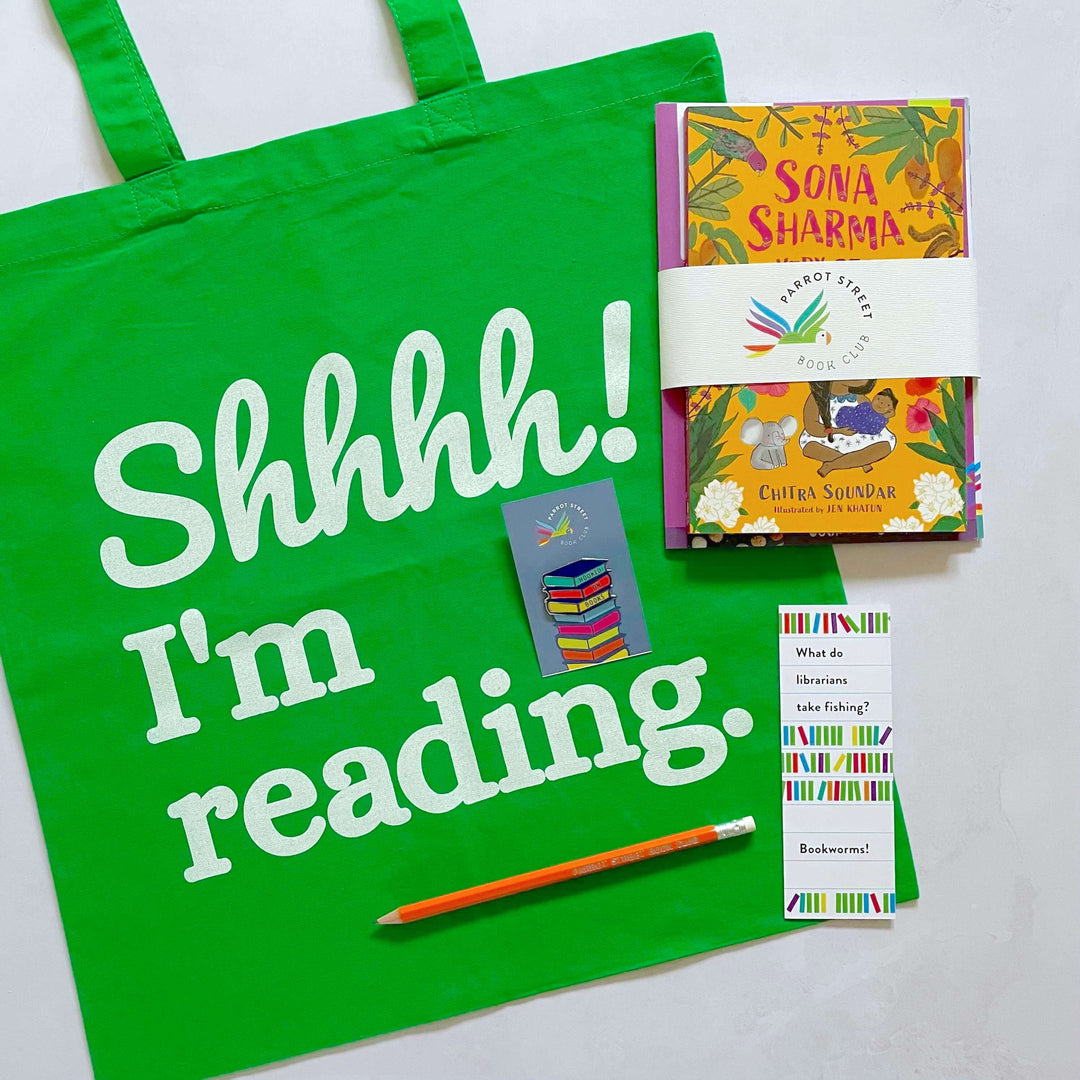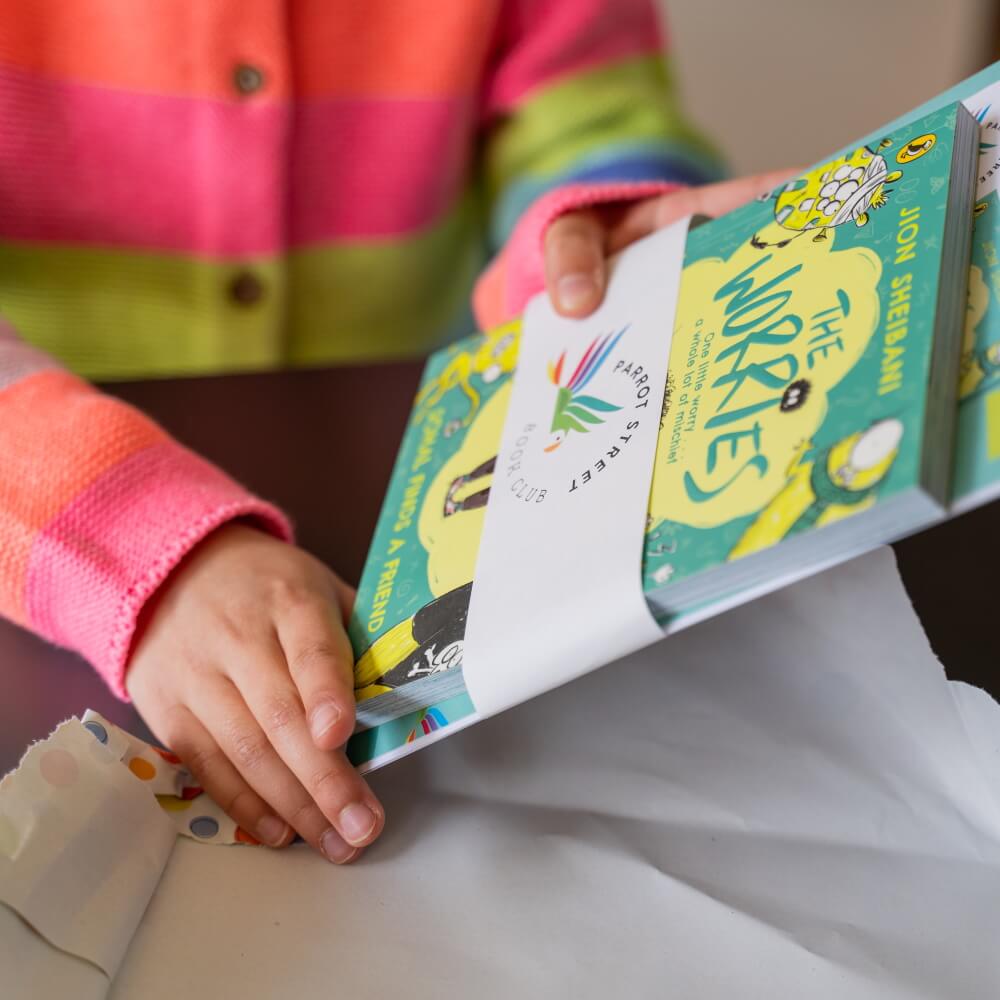Celebrating Shakespeare’s amazing way with words on National Shakespeare Day
To mark National Shakespeare Day, we've teamed up with our friends at Britannica Magazine to celebrate William Shakespeare’s unrivalled talent for inventing new words. Plus, don't miss your chance to create your own new word and enter it into a brilliant competition!

There are three facts about William Shakespeare that almost everyone who knows anything about Shakespeare knows:
- He is the greatest English playwright of all time, who wrote around 38 plays including A Midsummer Night’s Dream, Hamlet, Macbeth and Romeo and Juliet.
- He was also a brilliant writer of poetry, especially sonnets, and composed more than 150 in his lifetime.
- He was born in Stratford-upon-Avon in Warwickshire where the Royal Shakespeare Company now has its home.
Another interesting and less well-known fact is that Shakespeare died on his birthday, April 23rd, at the age of 52. Although the truth is slightly more complicated because no one knows on exactly which day Shakespeare was born. We do know that he was baptised on April 26th 1564, and so his birthday is now celebrated three days earlier. This is why National Shakespeare Day is marked every year on the 23rd.
It would no doubt completely boggle Shakespeare’s brain to think that his birthday is still being celebrated more than 400 years after his death. One of the reasons for this is the extraordinary way that Shakespeare has helped to shape the English language. You don’t need to have seen one of his plays or read one of his poems to appreciate this – millions of people use words that were coined by Shakespeare without even realising it.
To prove the point, here is an A-Z of Shakespeare’s new words that features in the April launch issue of Britannica Magazine – the ultimate new monthly magazine for curious minds aged 6 to 106! In total, Shakespeare used more than 20,000 different words to write his plays and poems. Of those, around 1,700 are thought to have either been invented or introduced to the English language by Shakespeare. From alligator to zany and yelping to kissing, you’ll be amazed at the number of now everyday words that first flowed from William Shakespeare’s quill.
AN A TO Z OF SHAKESPEARE’S NEW WORDS
ALLIGATOR – A large reptile similar to a crocodile. Romeo and Juliet, Act 5, Scene 1.
BEDROOM – A room for sleeping in. A Midsummer Night’s Dream, Act 2, Scene 2.
CRITIC – Someone who gives a negative opinion of something. Love’s Labour’s Lost, Act 3, Scene 1.
DOWNSTAIRS – On a lower floor or down a flight of stairs. Henry IV Part 1, Act 2, Scene 4.
EYEBALL – The round part of the eye. Henry VI Part 1, Act 4, Scene 7.
FASHIONABLE – Part of a current, popular style. Troilus and Cressida, Act 3, Scene 3.
GOSSIP – To talk casually, often about other people. The Comedy of Errors, Act 5, Scene 1.
HURRY – To act or move quickly. The Comedy of Errors, Act 5, Scene 1.
INAUDIBLE – Unable to be heard. All’s Well That Ends Well, Act 5, Scene 3.
JADED – Bored or lacking enthusiasm, often because you have had too much of the same thing. Henry VI Part 2, Act 4, Scene 1.
KISSING – The act of giving a kiss. Love’s Labour’s Lost, Act 5, Scene 2.
LONELY – Feeling sad because of a lack of friends or company. Coriolanus, Act 4, Scene 1.
MANAGER – A person responsible for controlling or organising. Love’s Labour’s Lost, Act 1, Scene 2.
NERVY – Sinewy or strong. Coriolanus, Act 2, Scene 1.
OBSCENE – Rude or disgusting. Love’s Labour’s Lost, Act 1, Scene 1.
PUPPY DOG – A young domesticated dog. King John, Act 2, Scene 1.
QUESTIONING – The act of asking questions. As You Like It, Act 5, Scene 4.
RANT – To speak for a long time in an angry or passionate way. Hamlet, Act 5, Scene 1.
SKIM MILK – Milk which has had its cream removed. Henry IV Part 1, Act 2, Scene 3.
TRADITIONAL – Existing as part of a long-established convention. Richard III, Act 3, Scene 1.
UNDRESS – To take off your clothes. The Taming of the Shrew, Induction Scene 2.
VARIED – Including several different types or elements. Titus Andronicus, Act 3, Scene 1.
WORTHLESS – Having no real value. The Two Gentlemen of Verona, Act 4, Scene 2.
XANTHIPPE – A bad-tempered woman, named after the wife of the ancient Greek philosopher Socrates who was said to be bad-tempered. The Taming of the Shrew, Act 1, Scene 2.
YELPING – Giving out a short, sharp series of cries. Henry VI Part 1, Act 4, Scene 2.
ZANY – A clown’s assistant, who would imitate the clown in a funny way. Love’s Labour’s Lost, Act 5, Scene 2.
COMPETITION!
Have you been inspired by Shakespeare to invent your own word? Then why not enter it into Britannica Magazine’s new word competition? Here’s all you have to do:
- Make up your own completely new word that has never existed before. Then write a short sentence explaining what your word means.
- Send both your new word and the sentence describing what it means to: editor@britannicamagazine.com. The winners will each receive a copy of the awesome Shakespeare Timeline Wallbook!
To find out more about Britannica Magazine, head to: britannicamagazine.co.uk.
JOIN OUR EMAIL LIST
Children's book news straight to your inbox
We love sharing product updates, book recommendations, children's activity ideas and special offers via email.














